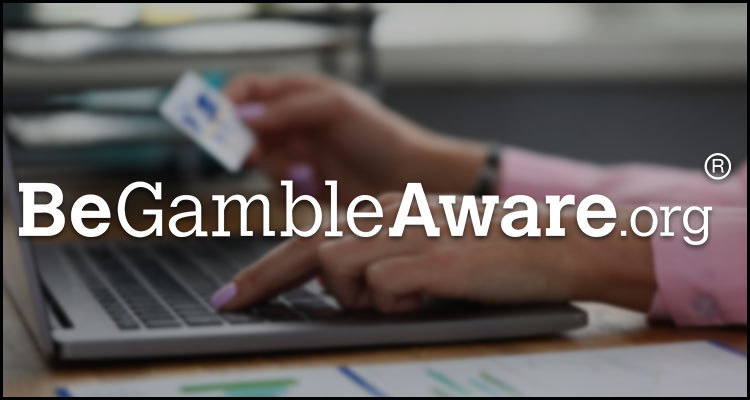GambleAware announced that it launched the first-ever National Gambling Treatment Service campaign aimed specifically at women aged between 18 and 54 years. The wide-reaching campaign that seeks to promote treatment and support for women at risk of gambling-related harms, is running on radio, magazines and digital media through March.
The independent charity dealing with research, education and treatment services aimed at reducing gambling-related harms in Great Britain, GambleAware, just mounted a month and a half long campaign targeted at women who are experiencing adverse effects of gambling.
This is the first women-focused campaign ever with the purpose to boost awareness of support and point women who are either at risk of or are already experiencing gambling harms, to the National Gambling Treatment Service.
Similar to previous GambleAware campaigns, this one, too, is focused on the all-consuming nature of gambling. Therefore, the creators came up with the slogan “When you’re there, but not there” to describe the feeling of being disconnected from family and friends.
The campaign targeting women suffering from gambling harms will run through the end of March on radio, magazines and digital media.
It comes in response to the recently published research on women and gambling harms, conducted by YouGov and commissioned by GambleAware, that revealed concerning figures.
The research found that 10% of women in Great Britain experience gambling-related harms to a certain extent and that they are more likely to be an “affected other,” i.e. a person that suffers due to gambling among people in their vicinity. Also, the research suggested that 8% of women are identified as “affected others,” while the percentage for men stands at 6%.
GambleAware Communications and Engagement Director Zoë Osmond noted that the research findings “highlight an increase in women suffering from gambling harm” and GambleAware hopes to see the campaign “help to signpost those experiencing harms to the help that is available,” she explained.
Osmond said that following the success of previous campaigns spearheaded by the charity, “we are continuing with our targeted approach to make sure women are not overlooked in the drive to raise awareness of gambling treatment and support.”

